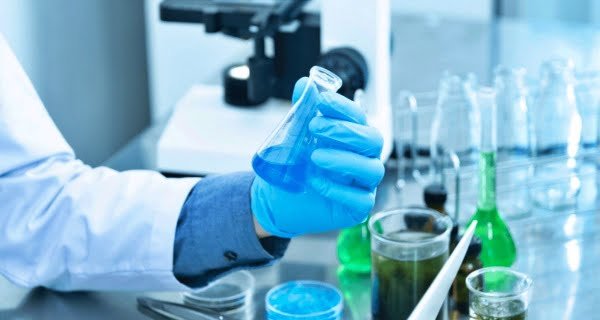
Melbourne: The clinical trial of a vaccine being developed for the prevention of coronavirus in Australia has been discontinued in the initial phase because the antibodies to HIV were produced in the participants’ bodies when the vaccine was taken in the primary phase of the trial. CSL said in a statement that no serious adverse effects were observed in the 216 participants who took part in the initial phase trial of the V451 Covid-19 vaccine. The vaccine has been prepared by the University of Queensland (UQ) and the biotech company CSL. However, during clinical trials, it was found that antibodies were produced in some patients which resembled HIV protein.

After consultations with the Australian government, the University of Queensland-CSL decided to stop the second and third phases of the clinical trial of the vaccine. Australia has tied up with four vaccine manufacturers to purchase 5.1 million doses of the vaccine. This company was also one of them. The vaccine manufacturer stated that the vaccine did not pose any risk of infection and during routine testing, it was confirmed that the HIV virus was not present in it. Australian Prime Minister Scott Morrison said that stopping the clinical trial shows that the Australian government and researchers are working very carefully. He said, “The government is not surprised by what happened today. We want to be careful without any haste. “
CSL said that if the vaccine had been used at the national level, it would have had a serious impact on Australia’s public health due to the flawed consequences of HIV infection among the community. A clinical trial of this vaccine was being done since July. Paul Young of the university engaged in the development of the vaccine said that the vaccine could be reworked but the team would have taken a long time. CSL Chief Science Officer Andrew Nash said that in the early stage of vaccine development, there are many risks and there is a possibility of failure. Sanjay Senanayake, an infectious disease specialist and associate professor of medicine at Australian National University, said the news was disappointing. But there is no surprise about the vaccine’s failure. He said, “Generally around 90 percent of vaccines never reach the market.




















































